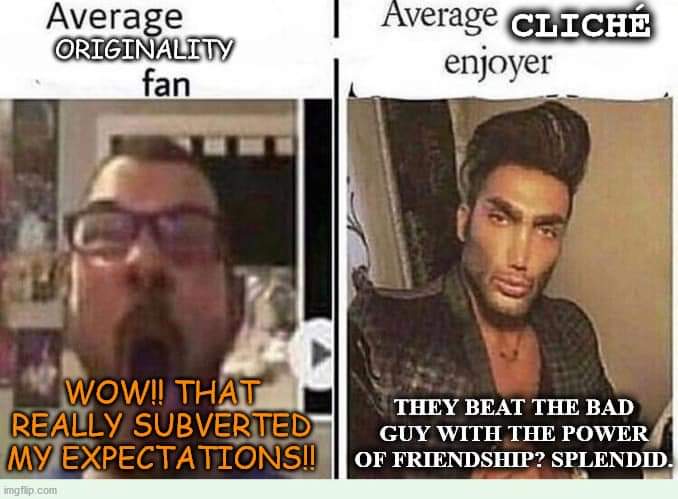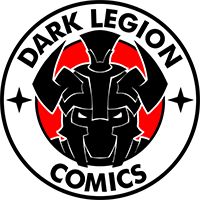Originality Is Not Quality Storytelling

Tropes work for a reason. Story structures that are tried and true also work for a reason.
It comes down to heroism and what makes a compelling character. All too many comic books in the last thirty years have tried to peddle nonsense like “evil is not truly evil, it’s misunderstood!” and “there’s no such thing as a true hero, everyone is flawed!” The problem with these storytelling structures is it objectively rings false.
I hate giving Star Wars as examples, but the reason The Last Jedi falls flat beyond anything else is its portrayal of Luke Skywalker as a nihilist. He’s a jaded, dejected old man giving up the fight. It doesn’t jive with the plucky young adventurer who’s willing to just walk into a Death Star by himself to save the day. If a hero like that has given up and abandoned everything he believed in because it’s too hard, it leaves a foul taste in the audience’s mouth. You can’t have Mary Sue Rey walk in and make that better.
All storytelling therefore comes back to Aristotle’s theorem A = A. When something rings true, it works. When a hero is a hero, the story feels right. When an anti-hero is sold as a hero, it feels false because something that is anti by definition cannot be what it’s claiming to be. Even if the effects are good, the dialogue polished, and interesting things happen, at the end of the day the consumer feels unsatisfied because it is wrong.
The best stories are simple ones. Hero gets called to action. Hero fights villain. Hero struggles because it’s hard. Hero overcomes obstacles. Hero gets girl. The end.
No matter how hard you try to subvert expectations or put in a twist, you’ll never be able to do better than what is right and what is true.

